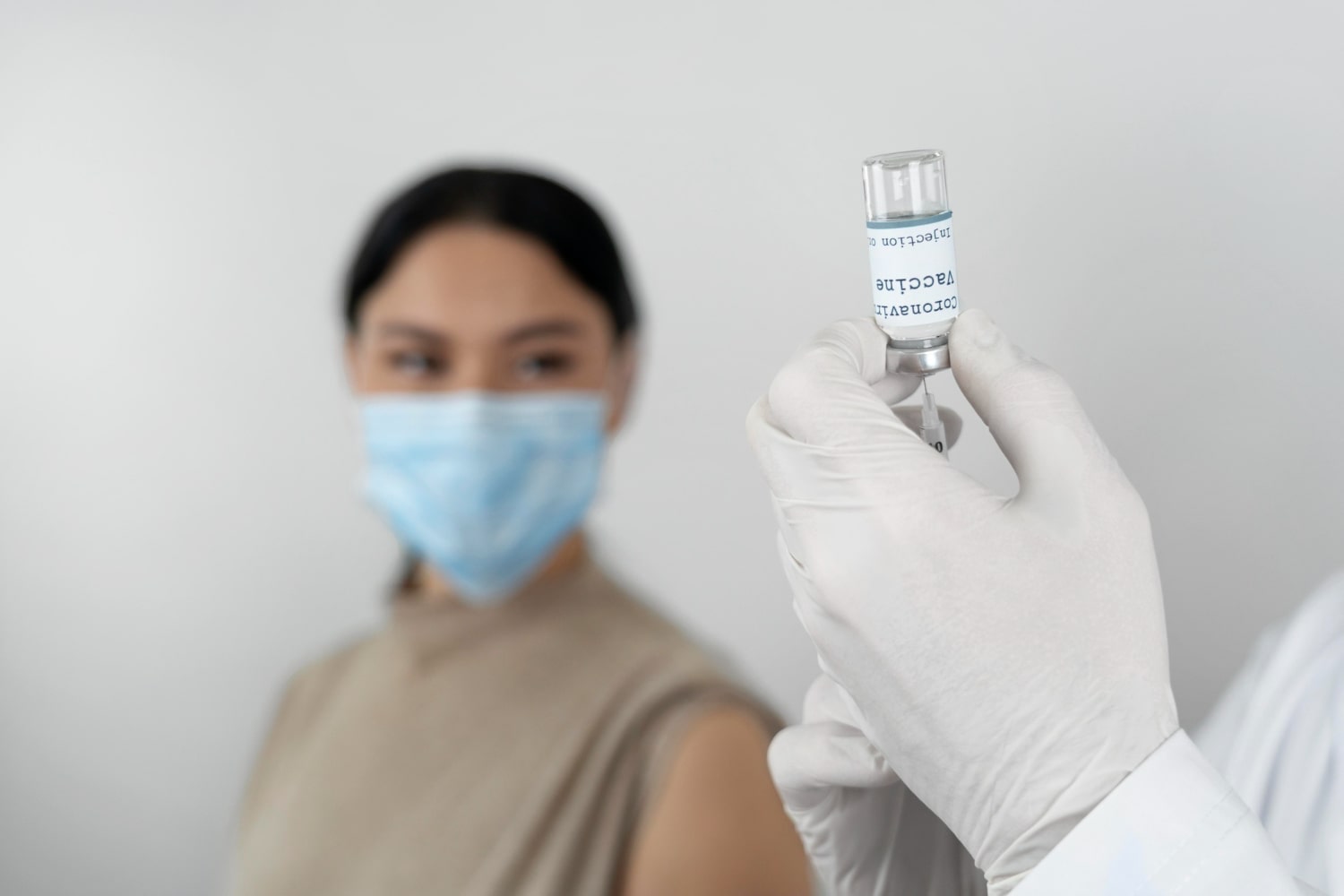No Proof of Brain Injury in ‘Havana Syndrome’ Patients
A comprehensive series of sophisticated examinations conducted by researchers revealed the absence of brain injuries or degenerative conditions among U.S. diplomats and governmental staff experiencing perplexing health issues, formerly labeled as the “Havana syndrome.” These findings, released on Monday following nearly five years of investigation by the National Institutes of Health (NIH), present no definitive […]

A comprehensive series of sophisticated examinations conducted by researchers revealed the absence of brain injuries or degenerative conditions among U.S. diplomats and governmental staff experiencing perplexing health issues, formerly labeled as the “Havana syndrome.”
These findings, released on Monday following nearly five years of investigation by the National Institutes of Health (NIH), present no definitive answer for the diverse range of symptoms, encompassing headaches, balance impairments, and cognitive and sleep disturbances, initially documented in Cuba in 2016 and subsequently reported by numerous American personnel stationed across various nations.
However, the study’s results did contradict certain previous findings that had raised concerns regarding the possibility of brain injuries among individuals encountering what the State Department currently refers to as “anomalous health incidents.”
Dr Leighton Chan, who leads the rehabilitation medicine team at NIH, stated, “These individuals have real symptoms and are going through a very tough time. They can be quite profound, disabling and difficult to treat.”
Despite this, advanced MRI scans revealed no notable variances in brain volume, anatomy, or white matter—indicators of injury or degeneration—when comparing patients with Havana syndrome to healthy government employees with comparable roles, including some stationed at the same embassy. Additionally, there were no substantial discrepancies observed in cognitive and other assessments, as detailed in the results reported in the Journal of the American Medical Association.
While this couldn’t definitively dismiss the possibility of transient injury at the onset of symptoms, researchers expressed optimism about the absence of enduring markers on brain scans that typically manifest following trauma or stroke, considering it as encouraging news.
A subgroup, comprising approximately 28% of Havana syndrome cases, received a diagnosis of persistent postural-perceptual dizziness (PPPD), a condition associated with inner-ear issues and significant stress. This condition arises when specific brain networks exhibit no signs of injury but fail to communicate effectively. French described it as a “maladaptive response,” akin to how individuals experiencing back pain may develop posture difficulties even after the pain subsides.
Participants with Havana syndrome reported heightened levels of exhaustion, posttraumatic stress symptoms, and mood disorders.
These findings represent the latest endeavor in an ongoing effort to unravel the mystery that originated when personnel at the U.S. embassy in Cuba sought medical attention for symptoms such as hearing loss and ear-ringing subsequent to reporting sudden and unusual noises.
Initially, there was apprehension that Russia or another nation might have employed some variation of directed energy to target Americans. However, U.S. intelligence agencies declared last year that there was no indication of foreign involvement and that the majority of cases seemed to have varied origins, ranging from undiagnosed diseases to environmental influences.
Certain patients have criticized the government for downplaying their health issues. Furthermore, in an editorial published in JAMA on Monday, a scientist advocated for additional research to anticipate future health enigmas of this nature. The scientist cautioned that the study design employed by the NIH, along with the constraints of existing medical technology, might have overlooked some potential indicators.
What's Your Reaction?

































